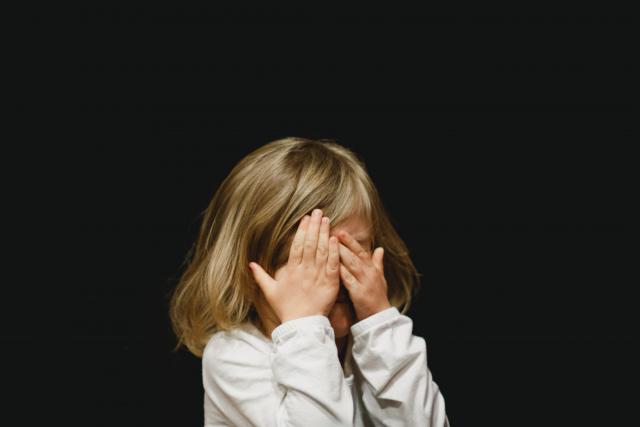Pandemic related children’s mental health issues are on the rise, a Wyndham kids counsellor has warned parents.
COVID was a “huge” significant event on children, said play therapist and kids counsellor Tulin Kocacik, and has lead to an increase in referrals, particularly relating to developmental issues.
“They have been having more social anxiety, difficulties with peers, speech delays and understanding non-verbal cues,” she said.
As this is the first pandemic most of us have ever experienced, Ms Kocacik said kids were unintentionally neglected.
“I think in the beginning we didn’t put much attention into how much it’s going to impact the children and how much it will impact the family dynamic,” she said.
Ms Kocacik said excessive time off, lockdowns, working from home, school closures and online study and restrictions had various impacts on children.
“Children that are three now, were only one when the pandemic started, they had limited and restricted time with people other than the parents, they have a lot of disruptions in their social connections,” she said.
Ms Kocacik said many children were fearful of losing their parents, suffered from severe separation anxiety and wondered how long the pandemic would last.
“They want to know, ‘are we ever going back to normal?’. That was also really hard for them to cope with,” she said.
“So much change is happening in the child’s life and there is no stability or predictability, of course this is gonna have long term impacts.”
Ms Kocacik said parents can help support their kids by being fully present and committed.
“It’s important to spend quality time, not quantity time. Children up to 12-13-years-old still need one on one time,” she said.
“Teach them coping strategies, children learn by observing, if you can’t cope, how do you expect a child to learn to cope?
“Use natural regulators, go swimming, watch the sunset, I think we forgot all the natural interventions we can use.”







